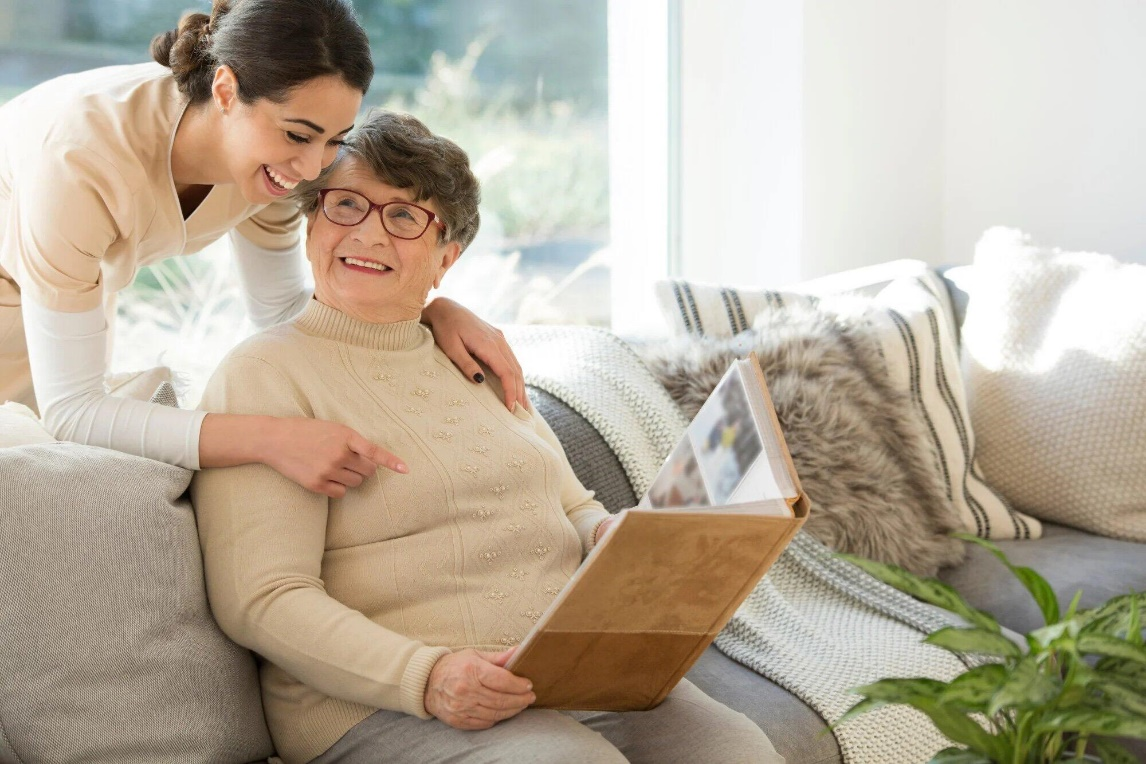Fitness
Understanding the Emotional Needs of Seniors in Memory Care

As people grow older, many experience changes in memory and cognitive health. Conditions like Alzheimer’s disease or dementia can make daily life more challenging, often leading families to seek specialized care for their loved ones.
While medical support is important, emotional well-being is just as vital in memory care. When caregivers and families focus on meeting these emotional needs, it not only improves the senior’s quality of life but also fosters meaningful connections.
In this article, we will explore the key emotional needs of seniors in memory care and how to best support them.
Why Emotional Support Matters
Emotional care has a big effect on seniors’ well-being. When seniors feel loved and respected, they are calmer and more at peace. Simple acts like listening, smiling, and showing kindness can reduce fear and confusion. Emotional support also helps fight loneliness, which is common in memory care.
Building Trust and Comfort
New environments can make seniors feel nervous or lost. Caregivers work to build trust by using gentle words, familiar routines, and friendly faces. Having family photos and personal belongings nearby also helps. These things bring comfort and make the place feel more like home.
Staying Social and Connected
Social interaction is very important. Group activities such as music, art, or games allow seniors to spend time with others. These moments give them a sense of friendship and belonging. Staying social can also help keep the mind active, which may slow down memory loss.
Caregivers with Patience and Kindness
Memory care requires patience. Seniors may forget things or repeat questions many times. This can be frustrating, but calm and gentle caregivers make a big difference. With compassion, they create an environment where seniors feel safe and supported.
Giving Seniors a Sense of Purpose
Seniors want to feel useful. Memory care programs often include small tasks such as gardening, folding laundry, or setting the table. These simple jobs help seniors feel needed and proud. Having purpose lifts their mood and keeps their dignity strong.
Supporting Families Too
Memory care is not only for seniors-it also helps families. Watching a loved one lose memories is very emotional. Families need comfort and guidance as well. A supportive Alzheimer’s and dementia care program can give families peace of mind. They know their loved one is in a safe and caring place.
Balancing Independence and Help
Seniors do better when they have some control. Choosing what to wear or what to eat gives them confidence. At the same time, caregivers provide help when needed. This balance helps seniors feel respected while staying safe.
The Power of Routine
A daily routine makes life easier for seniors with memory loss. When meals, activities, and rest happen at the same time each day, it creates stability. Routine lowers stress and confusion, making seniors feel more relaxed.
Caring for Heart and Mind
Memory care is about more than health-it is about feelings too. Seniors need trust, purpose, and comfort. Families also need support to handle the challenges of memory loss.
If your family is thinking about memory care, choose a place that meets both emotional and physical needs. This way, seniors can live safely and with dignity, while also feeling loved every single day.
If you would like to find out more about topics like this, take a look at the rest of our blog page now.
-

 Celebrity1 year ago
Celebrity1 year agoWho Is Jennifer Rauchet?: All You Need To Know About Pete Hegseth’s Wife
-

 Celebrity1 year ago
Celebrity1 year agoWho Is Mindy Jennings?: All You Need To Know About Ken Jennings Wife
-

 Celebrity1 year ago
Celebrity1 year agoWho Is Enrica Cenzatti?: The Untold Story of Andrea Bocelli’s Ex-Wife
-

 Celebrity1 year ago
Celebrity1 year agoWho Is Klarissa Munz: The Untold Story of Freddie Highmore’s Wife
















